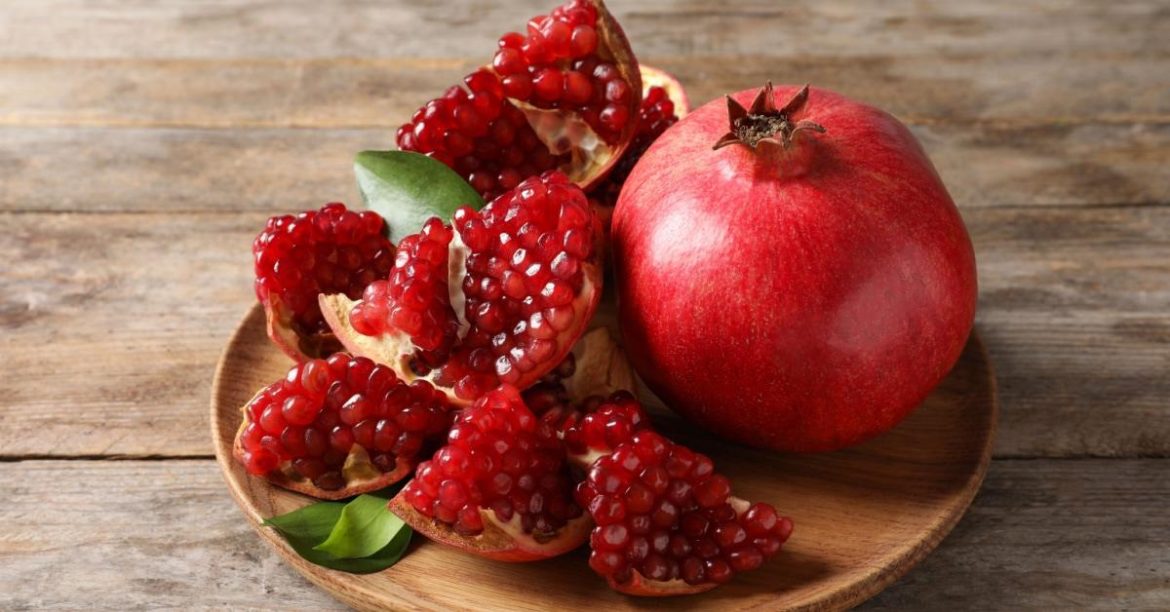Angioplasty, also known as percutaneous coronary intervention (PCI), is a medical procedure used to open clogged heart arteries. It often involves the insertion of a stent to keep the arteries open and allow for better blood flow. Post-angioplasty, patients are advised to adopt a heart-healthy lifestyle, which includes regular physical activity, quitting smoking, and a balanced diet rich in fruits and vegetables. Among various dietary recommendations, consuming specific fruits can significantly benefit patients recovering from angioplasty. This article explores the best fruits to incorporate into the diet after angioplasty, focusing on their nutritional benefits and positive impact on heart health.
The Importance of Diet Post-Angioplasty
A heart-healthy diet is crucial for recovery and long-term health after angioplasty. Such a diet helps in:
Reducing the risk of further cardiovascular events.
Managing blood pressure and cholesterol levels.
Promoting overall well-being and aiding in weight management.
Fruits play an essential role in this diet due to their high content of vitamins, minerals, antioxidants, and dietary fiber.
These components contribute to cardiovascular health by reducing inflammation, improving cholesterol levels, and supporting the overall function of the cardiovascular system.
SEE ALSO: What Is The First Sign of Heart Problems
Fruits Rich in Antioxidants
Antioxidants help protect the heart by neutralizing harmful free radicals that can cause oxidative stress and damage blood vessels. Some fruits high in antioxidants include:
Berries
Berries, such as blueberries, strawberries, raspberries, and blackberries, are particularly rich in antioxidants like anthocyanins and flavonoids. These compounds have been shown to reduce blood pressure, lower LDL cholesterol levels, and decrease inflammation, all of which are beneficial for heart health.
Pomegranates
Pomegranates are another excellent source of antioxidants, particularly polyphenols. Studies have indicated that pomegranate juice can improve blood flow to the heart, reduce blood pressure, and lower the risk of further cardiovascular events. Consuming pomegranates or their juice can be a delicious and heart-healthy addition to the diet post-angioplasty.
Fruits High in Potassium
Potassium is a mineral that helps regulate blood pressure by balancing the effects of sodium. A diet high in potassium can help reduce the risk of hypertension and other heart-related issues.
Bananas
Bananas are well-known for their high potassium content. Consuming bananas can help maintain healthy blood pressure levels, reduce the strain on the cardiovascular system, and prevent the risk of heart disease. Additionally, bananas are a good source of dietary fiber, which can help control cholesterol levels.
Oranges
Oranges and other citrus fruits like grapefruits and lemons are also rich in potassium and vitamin C. Vitamin C is another powerful antioxidant that can reduce inflammation and improve blood vessel function.
Including citrus fruits in the diet can provide multiple benefits for heart health post-angioplasty.
Fruits with Healthy Fats
Healthy fats, particularly omega-3 fatty acids, are essential for maintaining heart health. Some fruits contain beneficial fats that can support cardiovascular function.
Avocados
Avocados are a unique fruit that contains monounsaturated fats, which are known to improve heart health by lowering LDL cholesterol and increasing HDL cholesterol. They also provide potassium and fiber, making them a comprehensive heart-healthy fruit. Adding avocados to salads, smoothies, or even as a spread can be an excellent way to boost heart health after angioplasty.
Fruits Rich in Fiber
Dietary fiber is crucial for maintaining a healthy heart by aiding in cholesterol management and promoting digestive health. High-fiber fruits can contribute to these benefits.
Apples
Apples are a great source of soluble fiber, particularly pectin, which can help lower cholesterol levels. They also contain various vitamins and antioxidants that support heart health. Eating an apple a day can indeed help keep heart problems at bay.
Pears
Pears, like apples, are high in dietary fiber and can help manage cholesterol levels. They are also a good source of vitamins and antioxidants that support overall cardiovascular health. Including pears in the diet can provide both nutritional benefits and a delicious snack option.
Fruits with Anti-Inflammatory Properties
Chronic inflammation is a significant contributor to heart disease. Consuming fruits with anti-inflammatory properties can help reduce the risk of further cardiovascular issues.
Cherries
Cherries, particularly tart cherries, are known for their strong anti-inflammatory properties due to compounds like anthocyanins and quercetin. These fruits can help reduce inflammation and oxidative stress, making them beneficial for heart health after angioplasty.
Grapes
Grapes, especially red and purple varieties, contain resveratrol, a compound known for its anti-inflammatory and antioxidant effects. Resveratrol has been shown to improve heart health by reducing blood pressure, lowering cholesterol, and preventing blood clots. Including grapes in the diet can offer these cardiovascular benefits.
Incorporating Fruits Into The Diet
To maximize the heart-health benefits of fruits, it is important to include a variety of them in your daily diet. Here are some practical tips for incorporating fruits into meals and snacks:
Breakfast: Add berries, bananas, or citrus fruits to your morning cereal, yogurt, or smoothie.
Snacks: Keep fresh fruits like apples, pears, and grapes readily available for a quick and healthy snack.
Salads: Enhance your salads with slices of avocado, pomegranate seeds, or apple slices.
Desserts: Opt for fruit-based desserts, such as baked apples or a mixed berry compote, to satisfy your sweet tooth in a heart-healthy way.
Conclusion
Post-angioplasty, a heart-healthy diet is essential for recovery and long-term cardiovascular health. Incorporating a variety of fruits into your diet can provide numerous benefits, including improved blood pressure, reduced cholesterol levels, and decreased inflammation. Berries, pomegranates, bananas, oranges, avocados, apples, pears, cherries, and grapes are all excellent choices that can support heart health and enhance overall well-being. By making these fruits a regular part of your diet, you can take proactive steps towards maintaining a healthy heart and preventing future cardiovascular issues.

